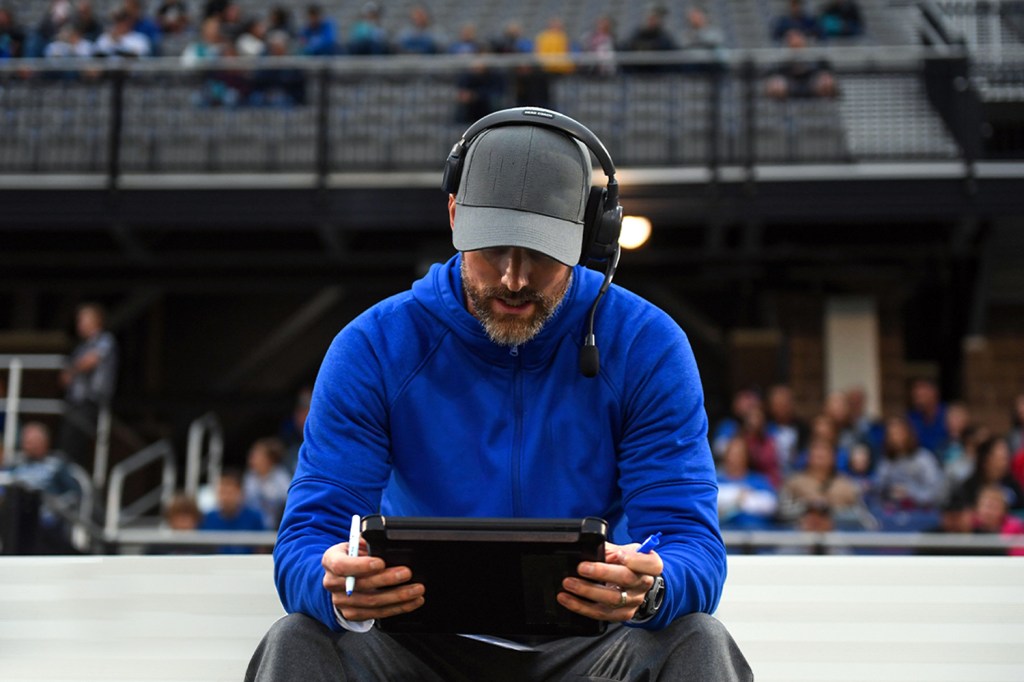Reports This Month
- Scouting Report: Streaming: The Case for Live Sports
- Heat Check: Super Bowl Ad Market Examined
- Heat Check: The African Frontier: Sports & Tech
One Big Thing
Private equity has continued its heavy investment into the sports industry. Some of the world’s largest private equity funds are taking advantage of rules changes across major leagues to allow for minority ownership by funds. The result? An unprecedented flow of capital from the likes of Arcots, CVC, RedBird, Dyal Capital Partners, and Sixth Street Partners into various sports properties.
One potential February transaction has particularly stood out: Silver Lake’s investment in New Zealand Rugby — the organization which runs the All Blacks team.
The reported deal from earlier this month suggested that Silver Lake would invest $134 million in exchange for securities that could be converted into equity within three years of funding. This new deal would value the new commercial entity (an entity that will govern the All Blacks and all of New Zealand Rugby’s revenue generating assets) at approximately $3.5 billion.
Rugby has yet to receive the same amount of investment as other sports, such as basketball and global soccer. The other major player in the space currently is CVC Capital partners, which has invested in several rugby properties in the recent past.
- In December 2018, CVC invested $254 million into Premiership Rugby (UK)
- In March 2021, the firm paid $509 million for a 14.3% stake in Six Nations — an annual men’s rugby tournament in Europe.
- In June 2021, CVC invested in the Pro14 rugby competition — now known as the United Rugby Championship — $135 million for a 28% ownership stake. 52
- CVC reportedly has been looking to make an investment in South Africa’s Springbok Rugby from early 2021.
Rugby offers a differentiated potential for growth than other sports properties. The sport is one of the few which tends to see a high portion of its revenues derived from gate receipts, as opposed to media rights. The impact of COVID-19 was felt heavily by many rugby clubs and organizations — providing an opportunity to better operationalize the media side of the equation.
Generating more Value
From a commercialization standpoint, rugby finds itself behind many other sports. The lack of commercialization comes despite the fact that according to a study done by World Rugby, 338 million people consider themselves rugby fans — with 33% of those fans from India, China, and the United States.
The investment made by CVC into the United Rugby Championship provided a framework for how private equity could accelerate the media rights landscape for the sport. While the primarily free-to-air TV model will remain in place, as the league renewed its deal with the BBC in the UK, RTE in Ireland and SuperSport in South Africa, the league also introduced its new OTT streaming service in September 2021.
According to the Financial Times, the new broadcast deals will help boost annual revenues for the competition to £55m, up from £25m last year. Furthermore, the free and subscription-based OTT service URC TV will provide a new stream of revenues for the league as it looks to accelerate growth.
On a macro level, rugby is inherently more of a global sport than a domestic one — with the most popular fixtures coming in an international rather than domestic format. Taking into consideration the global nature of the sport, the current lack of commercialization, and a growing interest domestically in the United States, there’s good reason to believe in the growth thesis.
I anticipate seeing more private equity dollars flowing into sports such as rugby, volleyball, and even pickleball, as opportunities for funds to assist with building out media rights packages are most lucrative for those types of properties.

